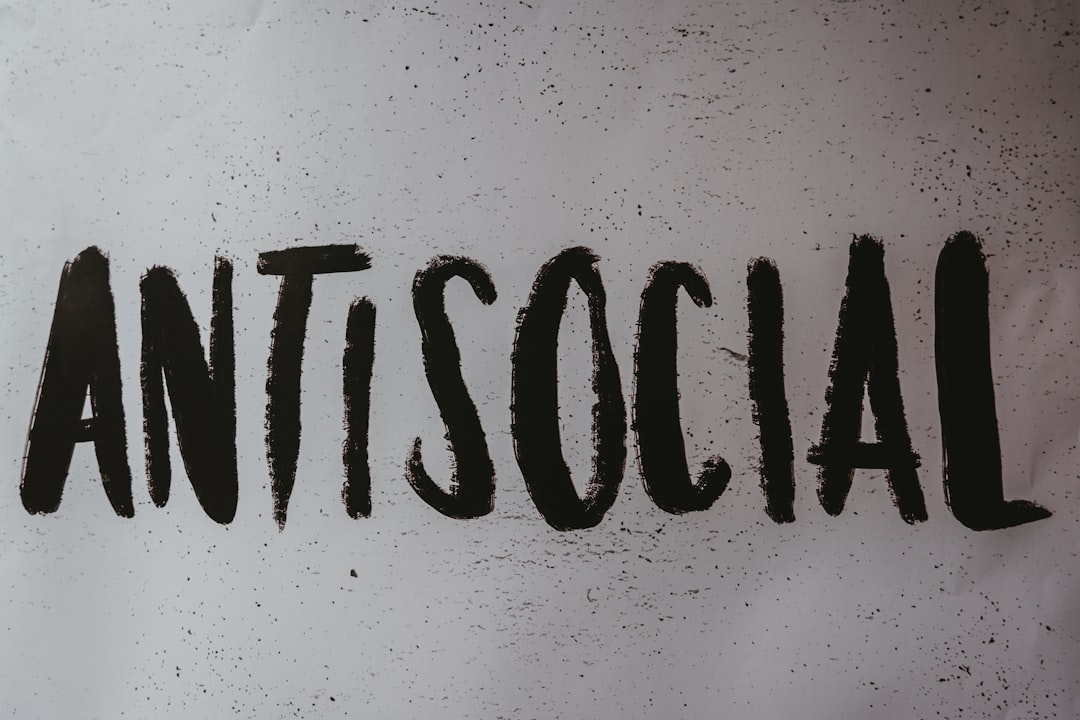The societal effects of weed (cannabis) legalization are complex and vary by region, policies enacted, and social context. Here’s a summary of the major impacts, both positive and negative, based on research and real-world examples (notably from places like Canada, Uruguay, and US states such as Colorado and California):
Positive Societal Effects
1. Criminal Justice Reform
- Reduced Arrests: Significant drops in arrests for cannabis-related offenses, reducing the burden on the judicial system and law enforcement.
- Social Equity: Some jurisdictions use legalization to address past injustices (e.g., expunging records for non-violent cannabis offenses).
2. Economic Impact
- Tax Revenue: Legal cannabis generates substantial tax revenue, which is used to fund schools, public health, infrastructure, etc.
- Employment: Growth of the cannabis industry creates jobs in farming, retail, regulation, and ancillary businesses.
3. Public Health
- Regulation of Product Quality: Legalization leads to standardized and safer cannabis products, reducing risks of contaminants and mislabeling.
- Medical Access: Easier access for patients who benefit from medical cannabis.
4. Societal Attitudes
- Normalization: Reduced stigma associated with cannabis use, leading to more open discussion and education about drugs.
Negative Societal Effects
1. Public Health Concerns
- Increased Use: Some studies show an increase in cannabis use, especially among adults and, in some cases, youth.
- Mental Health: Concerns about increased rates of cannabis-related mental health issues (psychosis, anxiety, dependence) with higher rates of use.
- Emergency Visits: Higher rates of hospital visits for cannabis intoxication, accidental ingestion (especially edibles), and impaired driving.
2. Impaired Driving
- Traffic Accidents: Some data suggest an uptick in impaired driving incidents related to cannabis, though the overall impact on road safety is still debated.
3. Workplace & Schools
- Productivity Issues: Potential issues with cannabis use impacting workplace safety and productivity.
- Youth Access: Despite age restrictions, concerns remain about increased access for minors.
Mixed or Context-Dependent Effects
1. Organized Crime
- Reduction in Illegal Markets: Legal markets compete with and sometimes shrink illicit trade, but black markets can persist if taxes and prices are high or regulations too strict.
- New Dynamics: In some places, criminal organizations shift to other illegal activities or work to circumvent new laws.
2. Social Equity
- Uneven Benefits: Initial cannabis markets often benefit established, wealthier entrepreneurs, not marginalized groups most affected by prohibition.
Examples from Real-World Legalization
- Canada: Saw rising tax revenue and a drop in cannabis-related arrests, but concerns grew over youth use and impaired driving.
- Colorado: Enjoys economic growth and increased tourism, but reported more hospital visits for cannabis-related issues.
- Uruguay: Focused on reducing illegal trade, with mixed results regarding actual reduction in criminal activity.
Conclusion
Legalization of cannabis has wide-ranging societal effects. Positive impacts usually include reduced criminalization, increased tax revenue, improved product safety, and opportunities for public health education. Potential downsides include increased use and related health issues, impaired driving, and persistent social/equity challenges. The overall outcome depends significantly on how legalization is implemented and regulated.
If you'd like more detail on a specific country, state, or area of impact, let me know!
